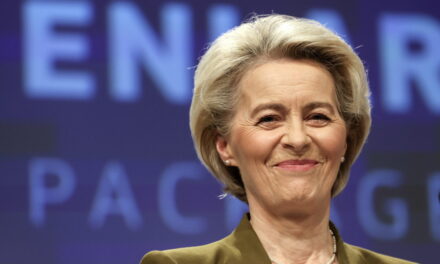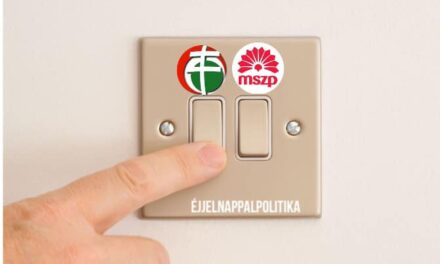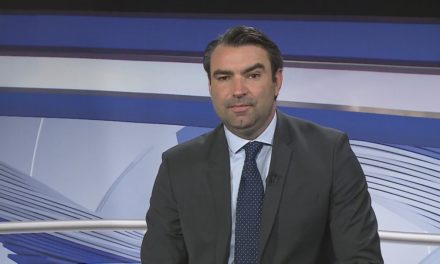The Orbán government will pay the 13th monthly pension this year despite the fact that the Russian-Ukrainian war broke out in the meantime and energy prices and sanctioned inflation ran wild due to the spoiled Brussels sanctions. In other words: while crisis management during the left-wing exercise of power was synonymous with deductions that did not even spare pensioners, the current government does not live with restrictions affecting the population even in a crisis situation affecting the world. Ferenc Gyurcsány, Ágnes Vadai and László Varju are currently members of the Parliament, among others, who at the time voted to withdraw the 13th monthly pension and are preparing to do so now.
Those affected will receive the double pension in the next few days, the transfer to the bank accounts already arrived on Friday. In addition to the February allowance, the 13th monthly allowance also arrives. When the Orbán government brought back the one-month extra pension in its entirety last year, it also drew attention to the fact that with this step it was erasing the sad legacy of the Gyurcsány-Bajnai era.

Source: Facebook
The difference between the period after 2010 and the left-liberal government is well exemplified in itself by the history of the 13th month allowance.
THE DECISION ON ITS TERMINATION WAS MADE IN 2009, THE PROPOSAL WAS SUBMITTED UNDER THE GOVERNMENT OF FERENC GYURCSÁNY, THEN WAS VOTED UNDER THE MINISTERSHIP OF GORDON BAJNAI.
At the time, the country was under the tutelage of the International Monetary Fund, and the austerity measures were mutually beneficial. The government cited the crisis, and the withdrawals did not spare the older age group either, Magyar Nemzet wrote.
As a first step, the 2009 pension adjustment was rescheduled for January 1, 2010, but they also decided to abandon the 2010 adjustment. Moreover, the second part of the 13th month pension of 2009 has not even been paid. The extra month's allowance was completely abolished from 2010. This meant a withdrawal of HUF 240 billion. The Bajnai government introduced the pension premium instead, but made its payment dependent on a certain level of economic growth.
FERENC GYURCSÁNY, ÁGNES VADAI (GYURCSÁNY-PÁRT), GERGELY ARATÓ (GYURCSÁNY-PÁRT), ISTVÁN HILLER (MSZP), LAJOS OLÁH (GYURCSÁNY-PÁRT), BERTALAN TÓTH (MSZP) AND MOLNÁR MOLNÁR VOTED FOR THE MEASURES TO AFFECT PENSIONERS ZSOLT (MSZP).
These left-wing representatives are still attacking the 13th month pension, if they had the chance, they would take it away.
The economic performance of the country was restored by the Orbán government that came to power in 2010, and thus the pension premium finally became available. In addition, a decision was made to restore the 13th monthly allowance.
In September 2021, the Prime Minister raised the possibility that in 2022 they could even pay the entire extra month's amount. - Maybe we will try to return the third and fourth weekly pensions to the pensioners next year, so that we can stand before the voters as if we have permanently surpassed the Gyurcsány-Bajnai era - said Viktor Orbán at the time. The prime minister finally announced the decision in November, at the Fidesz reform congress, that the affected parties would definitely receive the full amount in 2022. That's how it turned out.
And the 13th monthly pension will be paid this year despite the fact that the Russian-Ukrainian war broke out in the meantime and the Brussels sanctions further deepened the energy crisis. In other words: while crisis management during the left-liberal exercise of power meant withdrawals that did not even spare pensioners, the Orbán government does not live with restrictions affecting the population during the crisis period.
Source: Origo
Featured image: MTI












